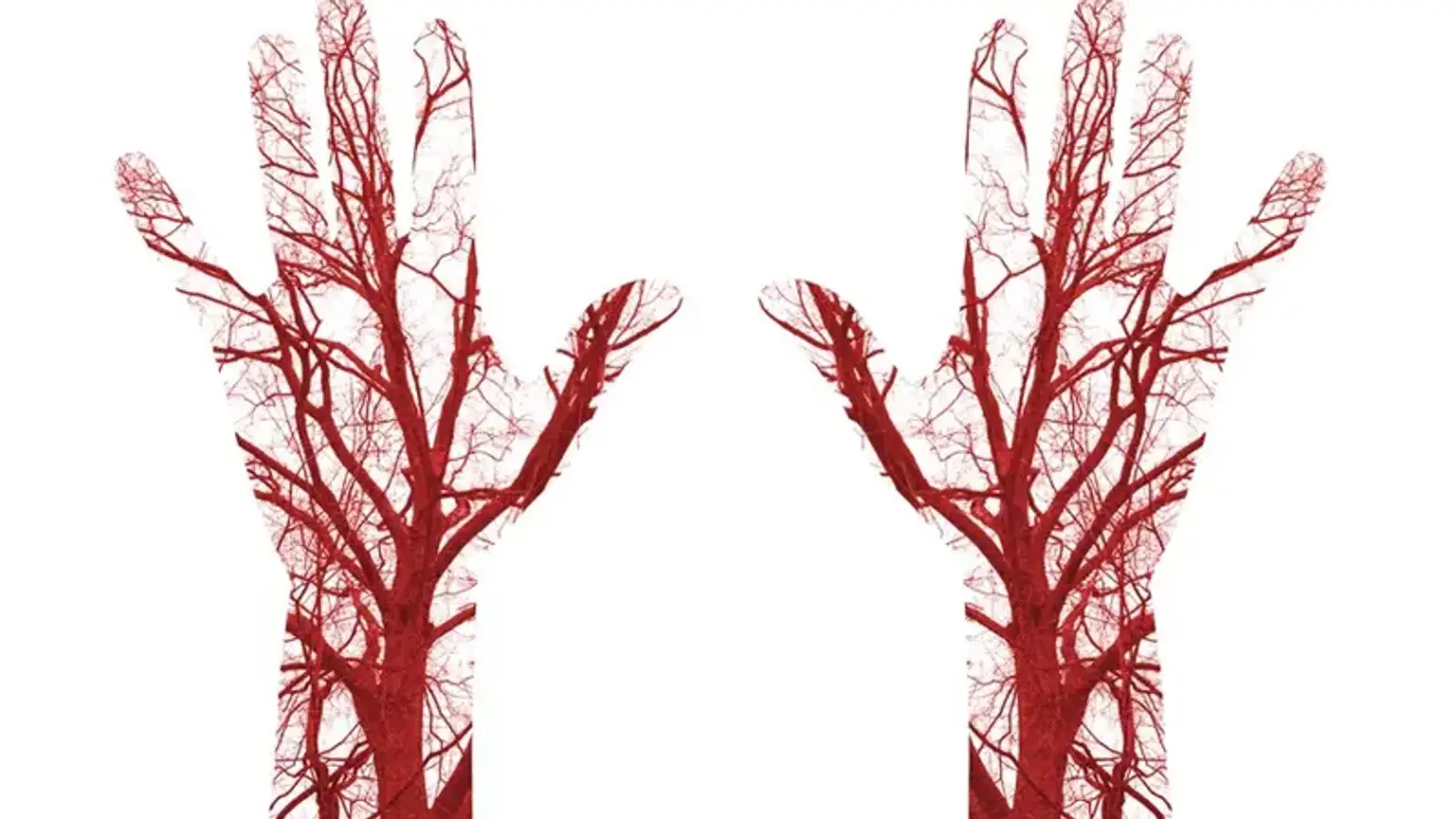Introduction
Overview of Arteriovenous Fistula (AVF)
An arteriovenous fistula (AVF) is a surgically created connection between an artery and a vein, designed to provide access for hemodialysis in patients with kidney failure. By allowing high blood flow, an AVF ensures that dialysis can efficiently remove waste, toxins, and excess fluid from the body. This procedure is a cornerstone of treatment for individuals with end-stage renal disease (ESRD), enabling them to maintain their quality of life.
Purpose of the Article
This guide simplifies the complexities surrounding AV fistulas, addressing common patient questions about the procedure, benefits, risks, and recovery. Additionally, it highlights the growing popularity of AV fistula surgeries in Korea, renowned for their skilled vascular surgeons and advanced medical technology.
Understanding Arteriovenous Fistula
What is an AV Fistula?
An arteriovenous fistula (AVF) is a surgically created connection between an artery and a vein, most commonly in the non-dominant arm. This procedure is essential for patients with kidney failure who require hemodialysis. The connection increases blood flow to the vein, which causes it to grow larger and stronger over time, a process known as maturation. Once matured, the vein becomes durable enough to handle repeated needle insertions during dialysis treatments.
